Things to know
Newest - Circular economy - Rent model - Furniture and sustainability
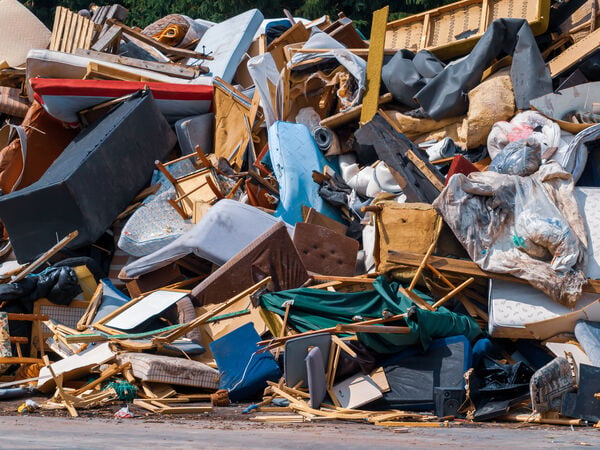
Circular economy in the plastics industry
Plastic pollution became and continues to be a vast human made environmental disaster. This white paper provides you with a perspective on and navigator for transforming the plastics industry into a more future proof and circular industry basing upon more broad circular economy standard works, that show the possibilities and necessities for implementing a circular business model, incl. e.g. the 7R’s (rethink, reduce, re-use, repair, refurbish, recover, recycle).
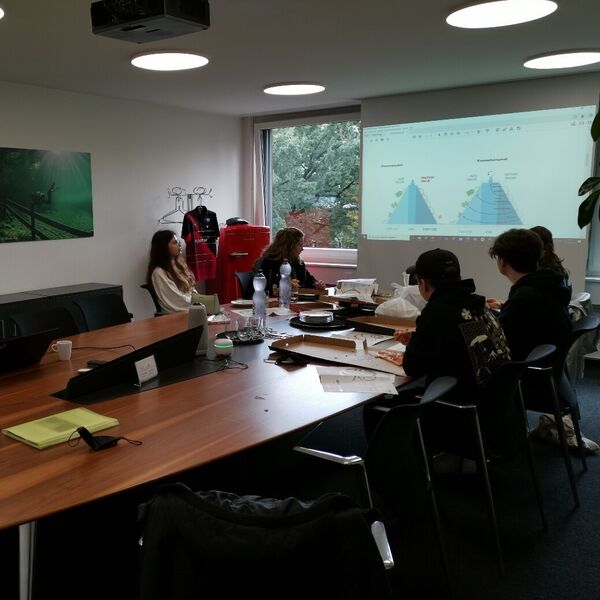
Students report on their visit at CIVAG
We had the opportunity to welcome a highschool class to the topic of circular economy. This is their original report in German.
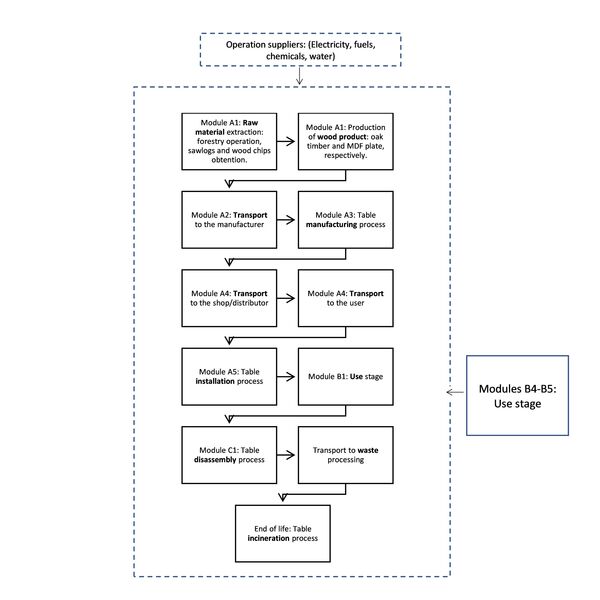
Life Cycle Assessment - Hardwood vs MDF dining table
We did our first Life Cycle Assessment.
Have a look on our analysis and findings comparing a hardwood with a Medium Density Fiberboard (MDF) dining table.
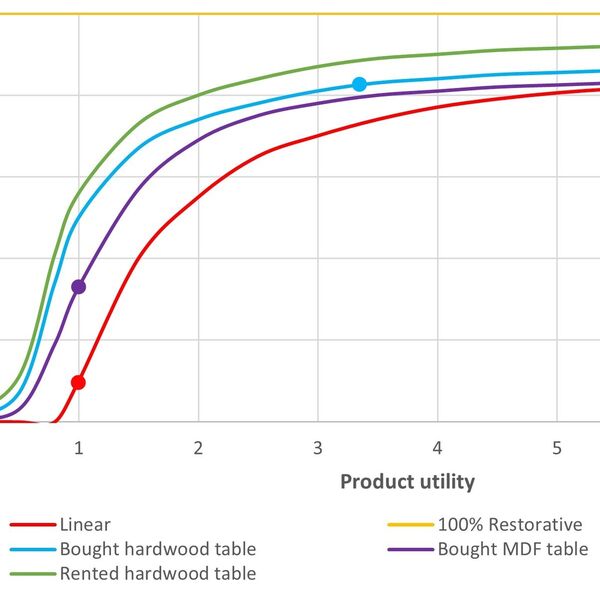
The resource consumption of CIVAG is seven times less than the industry average
The rental model from CIVAG increases the product utility seven times compared to industry average. Adding to that, the circularity level increases in the case of hardwood furniture 10% and of MDF furniture 60% compared to the linear industry, which has a single user.
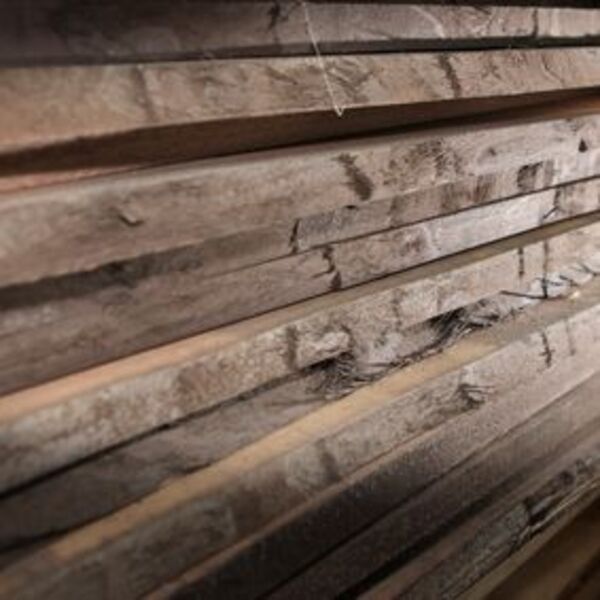
Sustainability of hardwood furniture
Through its longlivity hardwood furniture can have a positive environmental footprint. This article shows 4 important aspects regarding sustainability and the origin of hardwood furniture: Long duration of usage, sustainable forestry, mixed-wood culture and local woods.

Good to know about different kinds of solid wood
A compact overview including visual comparison as well as background information on our different kinds of solid wood.
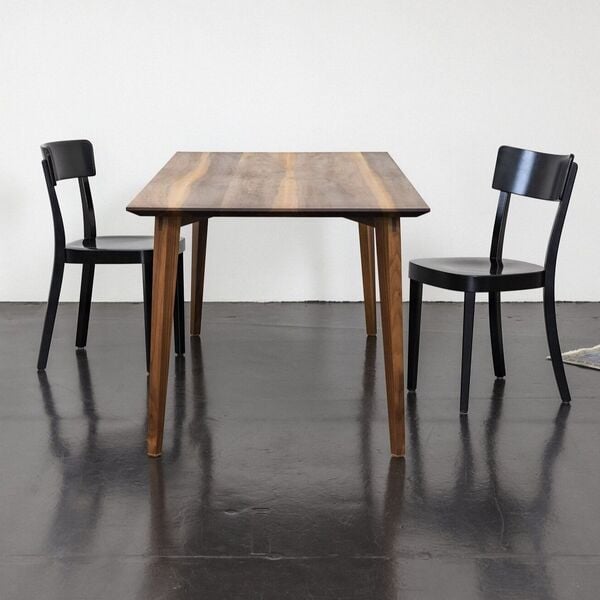
Interview with CIVAG by MAKE FURNITURE CIRCULAR
Are you already using instead of owning?
By renting sustainable furniture, CIVAG supports you to live on a high standard of living, while consuming radically less new resources.
This interview highlights current challenges and why customers can profit from the rental model.

Nachhaltigkeit lässt sich einrichten - Interview von HSG Alumni mit Raul Schweizer
Jeweils neue, passende Möbel für die neue Wohnung oder das neue Haus. Geht das nicht nachhaltiger? Diese Frage beschäftigte auch Raul Schweizer. Seine Lösung: CIVAG. Das Startup will Einrichten nachhaltiger machen, und Möbel zur Miete und Weiterverwendung anbieten – ganz im Sinne einer nachhaltigen Kreislaufwirtschaft.

CIVAG Services
CIVAG setzt sich dafür ein, dass Möbel möglichst lange genutzt und in gutem Zustand bleiben. Darum bietet CIVAG alle Services an, welche dazu dienen, dass Mieter:innen möglichst lange Freude an ihren Möbeln haben.
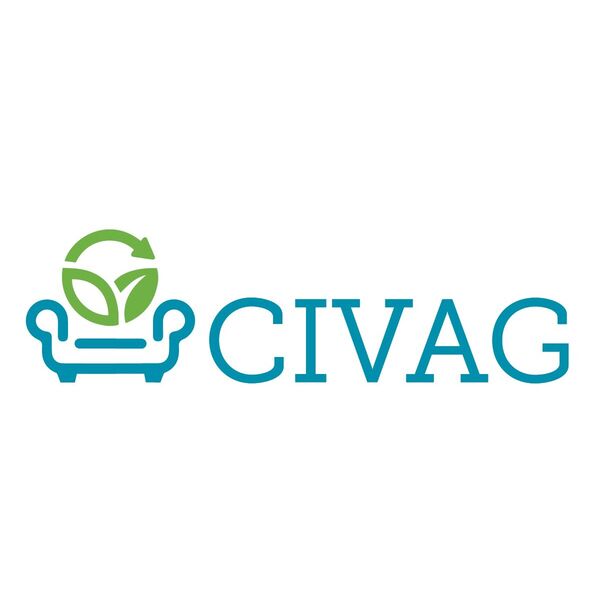
Hintergründe zur Geschäftsidee hinter CIVAG
Hintergründe zur Geschäftsidee hinter CIVAG durch unseren Founder erklärt: Wie wir hochwertige Möbel lange nutzen können, anstelle diese immer wieder wegzuschmeissen und neu zu kaufen. So tun wir nicht nur der Umwelt etwas Gutes, sondern haben damit auch eine hochwertigere Einrichtung zuhause und ermöglichen darüber hinaus solides, lokales Handwerk.

Geschäftsmodelle der Kreislaufwirtschaft: Mieten statt kaufen
Zirkuläre Geschäftsmodelle zielen darauf ab, Produkte, Materialien, Ressourcen effizient zu brauchen und ihren Wert so lange wie möglich zu erhalten. Ein spezifisches Geschäftsmodell der Kreislaufwirtschaft ist die Vermietung von Produkten. Der Grundsatz ist dabei, dass das Produkt zwar die Besitzer:innen wechselt, jedoch nicht den Eigentümer.
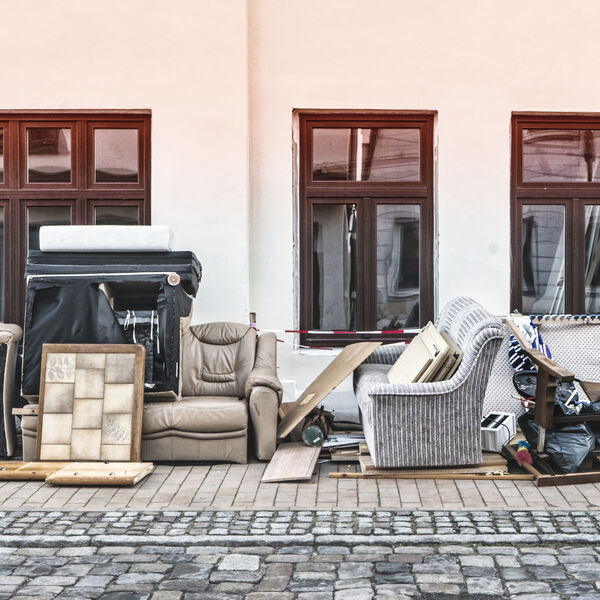
Kreislaufwirtschaft in der Möbelindustrie
Möbelabfälle werden im Alltag seltener thematisiert als Foodwaste oder Plastikverpackungen, denn die meisten Menschen und Unternehmen sind seltener mit Möbelabfällen konfrontiert. Es ist daher ein nicht allzu breit bekannter Fakt, dass defekte, überschüssige und sogar noch gut brauchbare Möbel, die weggeworfen werden, einen signifikanten Anteil des Abfalles auf den Schweizer Mülldeponien ausmachen.
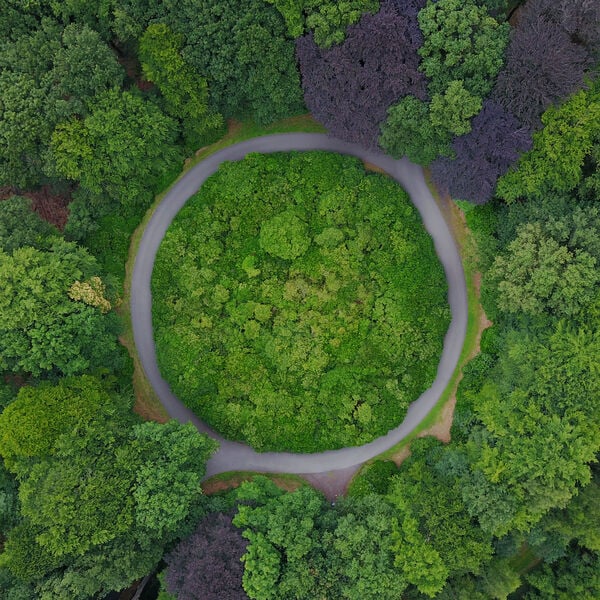
Was ist Kreislaufwirtschaft?
Die Kreislaufwirtschaft hat zum Ziel, Produkte, Materialien, Ressourcen effizient und so lange wie möglich (wieder-)zuverwenden. Das lineare Wirtschaftssystem basiert darauf, natürliche Rohstoffe abzubauen, für Produktherstellung zu verwenden, zu konsumieren und anschliessend wegzuwerfen. Diese «Wegwerfgesellschaft» führt zu Ressourcenverknappung, unnötigen Mengen an Abfall und einer hohen Umweltverschmutzung.